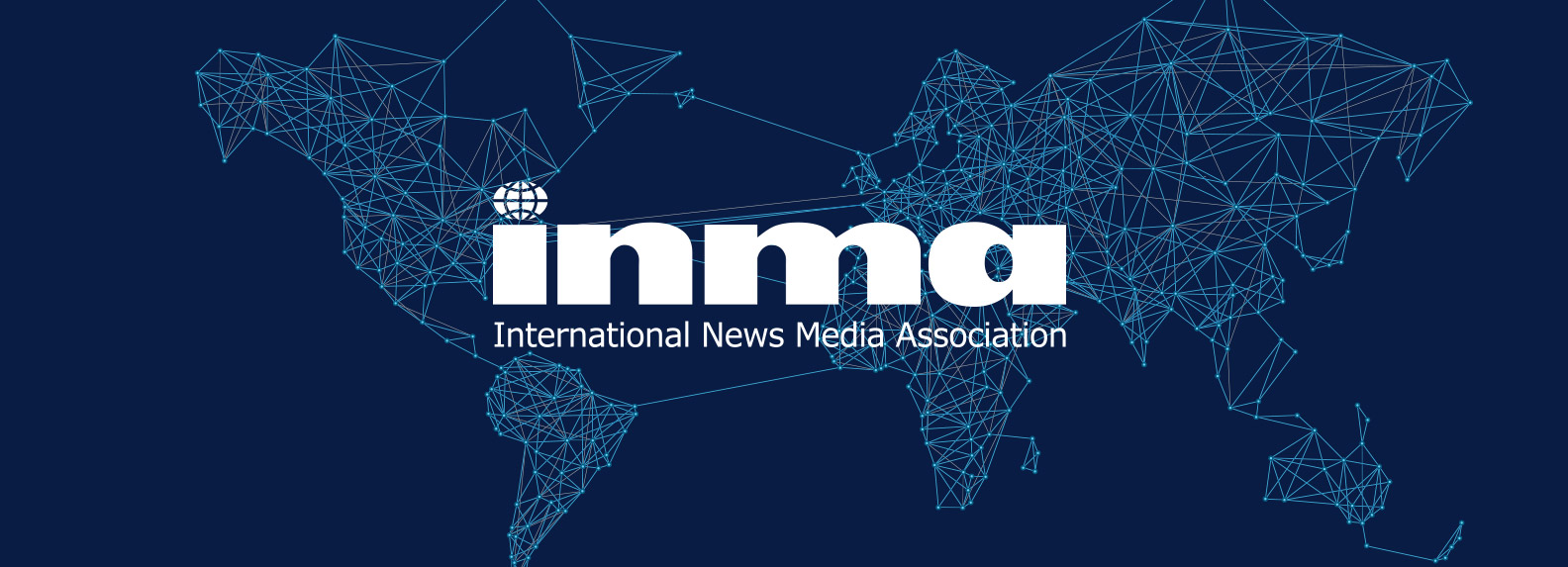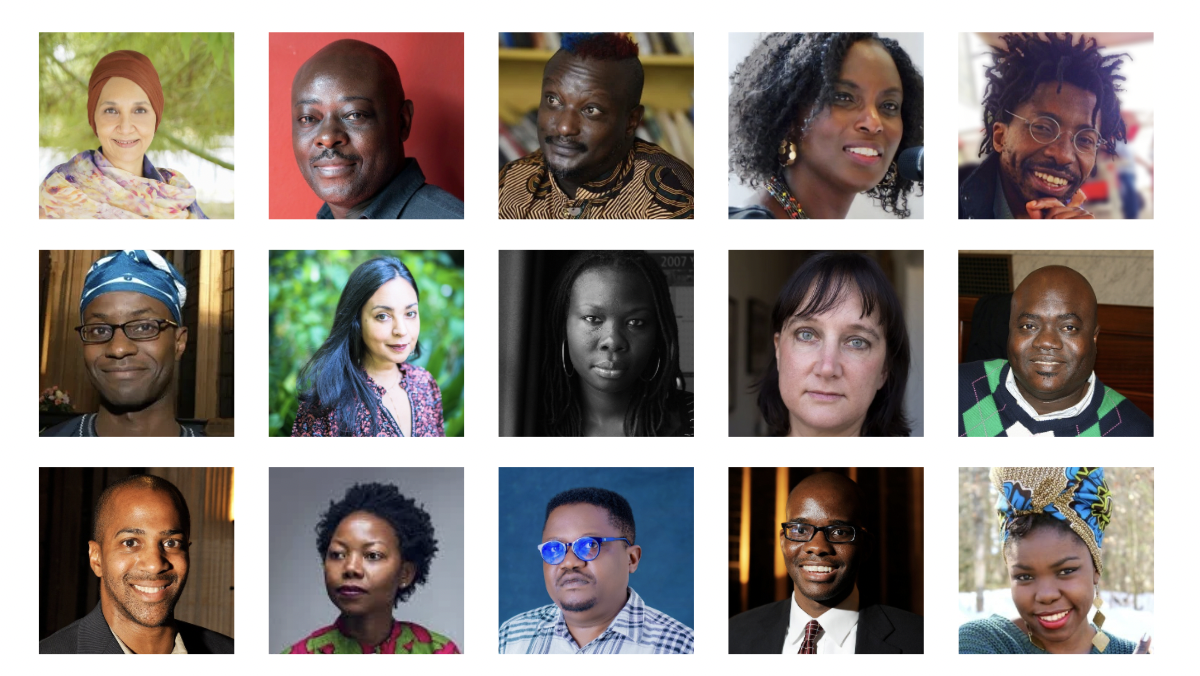JAMB 2025: The need for a evidence-based review and the way forward, By Babafemi A. Badejo

The JAMB registrar has indeed demonstrated maturity and good leadership. He readily showed empathy by truly agreeing that there was failure in the system and took responsibility for this, with corrective follow-up actions. Currently, what should be key are preventive solutions, such that there is no future recurrence of the underperformance at UTME.
There has been a lot of brouhaha over the 2025 Unified Tertiary Matriculation Examination (UTME) results. Over two million candidates registered for the examination, and about 1.94 million sat for it. More than 75 per cent (1.5 million+) of the candidates scored below 200. This development has not gone down well with parents and candidates, who took to social media to express outrage.
However, according to JAMB Registrar, Professor Ishaq Oloyede, the performance data for the 2025 UTME falls within the expected range based on trends over the past 12 years. “This is not peculiar to this year. The performance statistics are consistent with those of the last 12 years,” Oloyede stated. He cited previous years to support his claim, noting that in 2024, 76 per cent of candidates scored below 200, while in 2022, 78 per cent of the 1.7 million candidates also fell below that mark. In 2021, only 803, out of 1.3 million candidates, scored above 300.
The 2025 UTME has become one of the most controversial in recent history, not just due to the number scoring below 200, but because of the complaints revolving around the efficiency of the system and the credibility of the results. The problem also raises critical questions about the exam process, integrity, and educational equity. The controversy is resulting in efforts aimed at understanding what could have gone wrong, if anything was indeed wrong.
In the latest turn of events on 14 May, a very emotionally regretful Mr Oloyede apologised to the public in a press outing reported by major national newspapers. He accepted that there were indeed regrettable technical issues from their end that had affected the outcome for some candidates. According to the analysis, a total of 379,997 candidates, across 157 centres in Lagos and the South-East, would retake their examinations. Oloyede said the board has decided that all candidates affected in the 157 out of 882 (17.8 per cent) centres will be contacted to retake their examinations starting from Friday, 16th May.
“I appeal to the candidates and those affected by the error of our system to accept this explanation as the truth of the matter without embellishment, please. I apologise and take full responsibility, not just in words,” Mr Oloyede stated. He informed the media that the affected candidates would be contacted by JAMB through text messages sent to their registered phone numbers, email addresses, profiles, and phone calls. He directed them to reprint their examination slips for the rescheduled examination dates.
He said the board has contacted the West African Examinations Council (WAEC), which is currently holding its West African Senior School Certificate Examinations (WASSCE), to allow JAMB some slots for candidates to take the exams, and WAEC has agreed. “Any candidate with a clash of timetable, particularly for Agricultural Science on Friday, would be rescheduled,” Mr Oloyede said.
The digital divide is a problem for the use of CBT centres for UTME. Many candidates, especially from rural or low-income backgrounds, lacked basic computer literacy. A supervisor’s report highlighted that some candidates didn’t know how to operate a keyboard or mouse, much less navigate the CBT interface. In simple terminology, technological illiteracy or, at best, semi-literacy, is yearning for solutions. Not many candidates or customers of JAMB grew up with the advantage of using computers as regular everyday life items.
“However, we have endeavoured to ensure that no such thing exists. Most, if not all, such candidates are scheduled for Saturday. Fortunately, the prescribed texts for SSCE are also the prescribed texts for UTME, apart from the reading text of the UTME, which carries just 10 marks in our Use of English test.”
While 206,610 candidates were affected in the 65 centres in Lagos zone, 173,387 candidates were affected in 92 centres in Owerri zone. JAMB reportedly examined samples from across the country, but no sign of any abnormality has been detected in any centre other than the ones mentioned. Oloyede, however, added that the exercise continues.
National Readiness for Digital-Only Exams
Many factors could account for why about 75 per cent of candidates have been underperforming at UTME annually. It is a national shame that we have been accepting this situation as normal at the annual JAMB meetings with University vice-chancellors. This national acceptance of low quality as normal has been forcing universities to scramble for the 25 per cent who scored above 200 and then set very low standards to fill up vacant positions. After all, profit is now the major part of setting up universities, especially in the private sector.
The 2025 UTME imbroglio throws up several issues that have been yearning for solutions. There has to be more readiness in embracing digital-only exams, both on the part of the examining agencies/service providers and the service users/candidates. For instance, some supervisors noticed system malfunctions at the CBT centres – freezing screens, login problems, and the loss of answers. Some candidates reportedly logged out without submitting or could not navigate between subjects. Those were absolutely no faults of the service users/candidates.
The digital divide is a problem for the use of CBT centres for UTME. Many candidates, especially from rural or low-income backgrounds, lacked basic computer literacy. A supervisor’s report highlighted that some candidates didn’t know how to operate a keyboard or mouse, much less navigate the CBT interface. In simple terminology, technological illiteracy or, at best, semi-literacy, is yearning for solutions. Not many candidates or customers of JAMB grew up with the advantage of using computers as regular everyday life items. There has to be some middle ground for inclusivity.
However, the answer is not to opt out of technological change but to come up with answers on how to democratise the availability of knowledge on technological change that is spreading in our world to all Nigerian children who are actively motivated towards education. Though JAMB could play a role in deploying some of its earnings to such a purpose, the answer should involve society and its governance structures at large. We must be more intentional with issues that affect the destinies and future of young Nigerians. The UTME exercise should not just be seen as a mere exercise, but as a very important platform through which the future technocrats and crop of people who would take over the skilled manpower machinery of the country are practically filtered. It is good that the public reaction has met with responsible action from JAMB in this case.
Despite the uproar over the 2025 UTME, it’s important to recognise the integrity-driven leadership of Mr Ishaq Oloyede, who has consistently fought corruption and pushed for reforms. However, even strong leadership needs to be adaptive and listen to the cries of the people. A calm, evidence-based review of 2025’s UTME is not only necessary — it is urgent.
Recommendations on the Way Forward
Beyond being a revenue-generating tool for the government, with special commendations on the registrar’s commitment to returning funds to the Federal government, JAMB must continue to recalibrate, fine-tune its structure, and ensure it delivers excellently.
Nigeria requires massive digital literacy campaigns in secondary schools, especially rural ones. The 774 local governments, with more funding expected to result from the autonomy they are expected to have under the present dispensation, should invest in computer-based modern libraries. Private entities could also be encouraged to spend some of their Corporate Social Responsibility (CSR) funds on setting up computer-based libraries.
CBT simulation workshops should become mandatory for all candidates before UTME and similar exams are conducted. The independent audit of CBT centres and software providers should be a regular effort of regulatory bodies, including JAMB.
Despite the uproar over the 2025 UTME, it’s important to recognise the integrity-driven leadership of Mr Ishaq Oloyede, who has consistently fought corruption and pushed for reforms. However, even strong leadership needs to be adaptive and listen to the cries of the people. A calm, evidence-based review of 2025’s UTME is not only necessary — it is urgent.
The JAMB registrar has indeed demonstrated maturity and good leadership. He readily showed empathy by truly agreeing that there was failure in the system and took responsibility for this, with corrective follow-up actions. Currently, what should be key are preventive solutions, such that there is no future recurrence of the underperformance at UTME.
Babafemi A. Badejo, author of a best-seller on politics in Kenya, was a former deputy special representative of the UN Secretary-General for Somalia, a former professor of Political Science and International Relations at Chrisland University, Abeokuta, and currently a legal practitioner and consultant at Yintab Strategy Consults. He is the 2025 Nelson Mandela Distinguished Africanist Awardee of the African Annual Conference at the University of Texas at Austin, USA.












